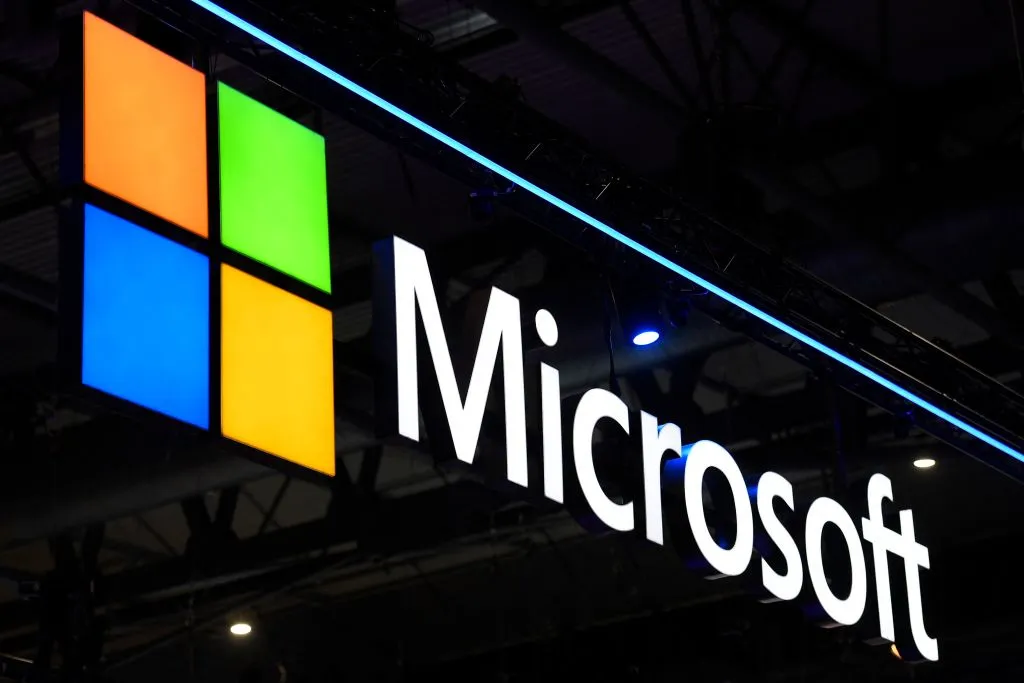
Sebastian Bubeck, a prominent figure in Microsoft’s artificial intelligence research, has left the company to join OpenAI, marking a major shift in the AI research landscape. This departure was first reported by The Information and later confirmed by Reuters.
Bubeck informed Microsoft staff of his decision on Monday, although details regarding his new role at OpenAI remain unclear.
Bubeck’s Role in Microsoft AI Development
At Microsoft, Bubeck served as a public face for much of the company’s work on large language models, particularly those developed in collaboration with OpenAI, with whom Microsoft maintains a financial and product development partnership. Over the past two years, Bubeck’s team had special access to OpenAI’s technology, enabling them to create models like Microsoft’s Phi, which have been highlighted for their efficiency.
The Phi models, a series of small-scale language and vision models, are particularly designed to function on edge devices, offering a contrast to large, centralized AI models like OpenAI’s GPT series. These smaller models are cheaper to run and can mimic the quality of larger models, according to a research paper co-authored by Bubeck and his team. They have already been used to replace OpenAI’s GPT models in certain Microsoft services, including portions of Bing’s chatbot and Office 365’s AI-powered Copilot features.
While most of Bubeck’s Phi co-authors remain at Microsoft to continue advancing the models, Bubeck’s departure comes at a time when OpenAI has experienced considerable turnover within its research ranks.
Nadella’s Vision for Microsoft’s AI Independence
Microsoft CEO Satya Nadella has previously praised the Phi models as part of a strategy to reduce reliance on OpenAI by developing proprietary AI solutions, stating that it allows Microsoft to “control our own destiny” in AI.
Despite this, Microsoft’s partnership with OpenAI remains a central pillar of its AI strategy, with the company committing nearly $14 billion to OpenAI in exchange for 20% of the startup’s revenue, future profits, and resell rights to OpenAI technology for its cloud customers.
Bubeck’s departure follows his recent move away from Microsoft’s new AI unit, led by Mustafa Suleyman, a former DeepMind executive. Bubeck had briefly joined the Suleyman group, which was launched earlier this year, before returning to Microsoft Research to focus on the development of new Phi models. His team at Microsoft Research consists of around two dozen people, who plan to carry forward the development of future Phi models despite his exit.
Featured Image courtesy of JOSEP LAGO/AFP via Getty Images
Follow us for more tech news updates.
